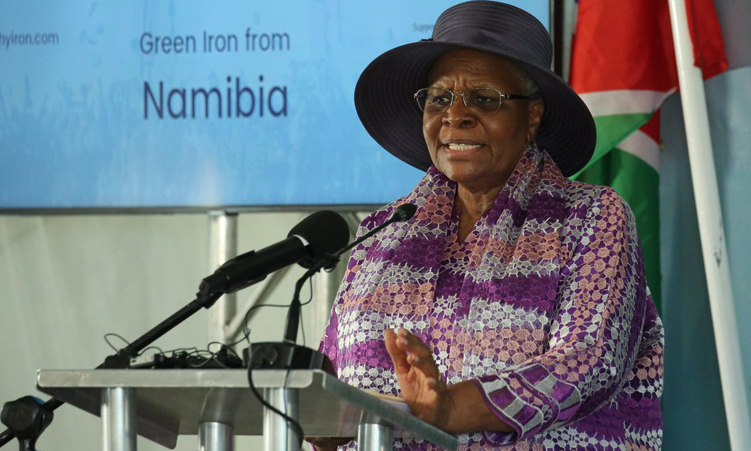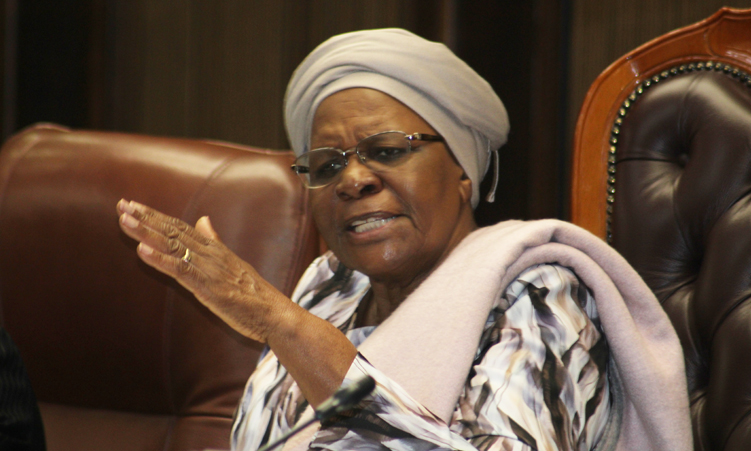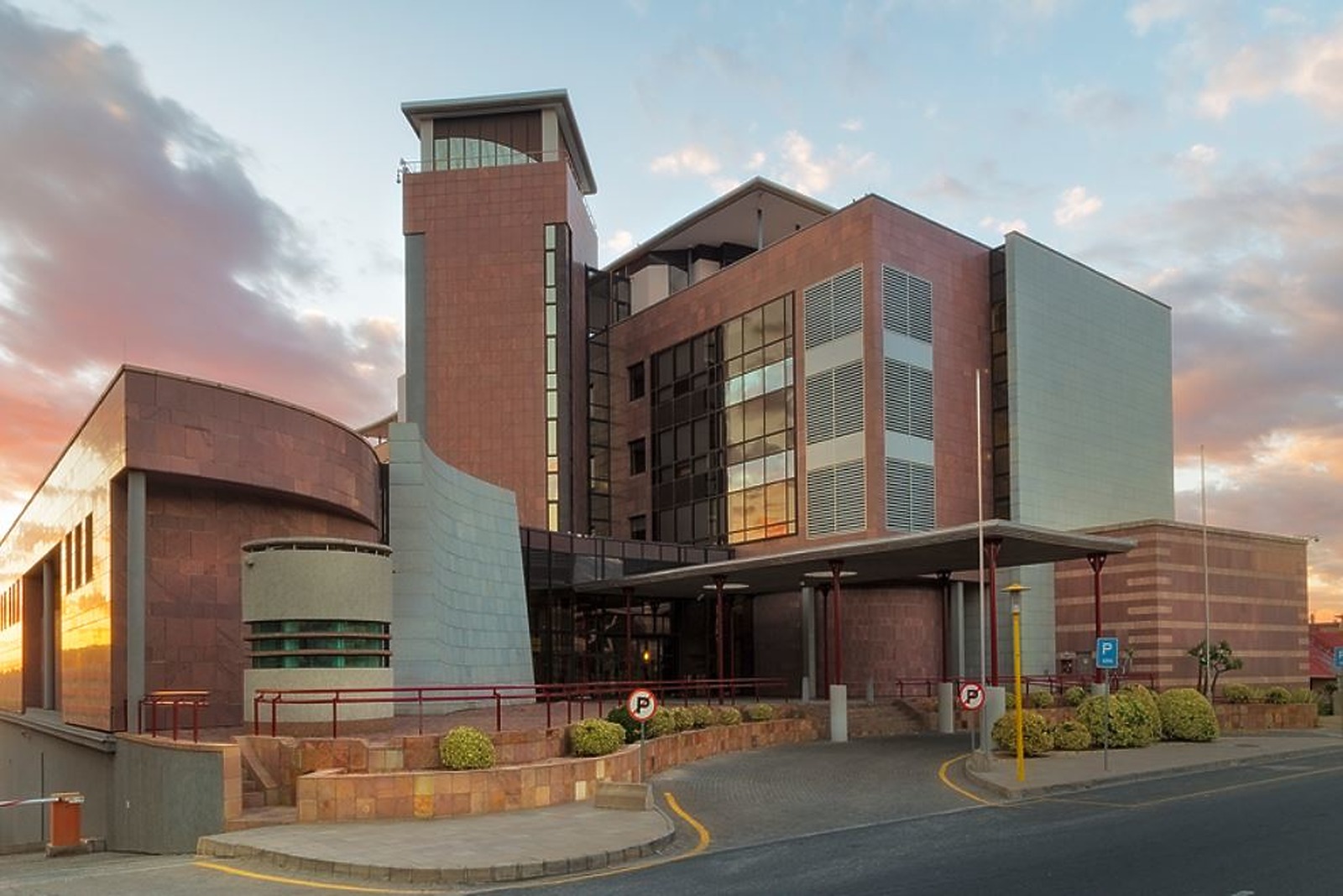President Netumbo Nandi-Ndaitwah has called for the establishment of a nuclear power plant in Namibia, saying the country’s rich uranium resources should be used to drive national development and energy security.
The president said this during her official visit to Rössing Uranium Mine in the Erongo region on Saturday.
“There is no dream too big to achieve. Collectively, let’s start moving towards a nuclear power plant in Namibia and identify potential partnerships to make this a reality.”
Nandi-Ndaitwah reiterated her commitment to leveraging natural resources to empower Namibians, particularly the youth, and to drive industrialisation through beneficiation and value addition.
“Nuclear energy is essential and the government will put in effort to make sure the environment is conducive for the mining sector to flourish.
These actions will, in the end, assist Namibians in achieving their developmental goals,” she said.
Namibia is one of the world’s top uranium producers, with Rössing Uranium being one of the country’s longest-operating mines.
The mine’s recent life-of-mine extension from 2027 to 2036 was welcomed by the president as a sign of long-term viability and a foundation for broader ambitions, such as nuclear energy.
While addressing mineworkers and management, Nandi-Ndaitwah urged the sector to support youth development through jobs, scholarships, internships, and funding for young entrepreneurs.
She emphasised the need for mining companies to go beyond extraction and actively invest in the communities where they operate.
The mining industry must look after their workers in terms of a living wage, accommodation, healthcare and a pension that should enable them to live a dignified life after their productive lives have come to an end, she said.
“As a government we want the mining sector to do more in offering sustainable and quality jobs, scholarships, job attachments, training, internships, and funds for young entrepreneurs that can empower our youth and help them build sustainable futures,” Nandi-Ndaitwah said.
She praised Rössing Uranium for its corporate social responsibility initiatives, particularly in education, health, agriculture, and community development through the Rössing Foundation.
However, she challenged the company to deepen its impact at Arandis, the mining town adjacent to the operation.
“Let the residents of Arandis feel they are living in a mining area run by people who care about the community that welcomed them,” she said.
Political analyst Sakaria Johannes says it would be good if the country could produce nuclear energy.
“We have everything to do that naturally. In fact, this would benefit the country and its people,” he says.
Johannes does not see this materialising though, and questions if Namibia has the ability, funds and expertise to carry out such a project.
He, however, believes that in terms of materials and resources, Namibia is ready to produce nuclear energy.
Swanu of Namibia president Evilastus Kaaronda says the establishment of Namibia’s own nuclear plant is long overdue and must be pursued as part of a plan to add value to uranium.
“We must think big if we want to be part of the leading nations of the world. While at it, we must also hasten the finalisation of the desalination plant as a long-term strategy towards food production,” he says.
Both these projects, he says, are strategic to Namibia’s national interests and security, especially in the current uncertain political climate.
Kaaronda says he welcomes the vision.
Former minister of mines and energy Tom Alweendo in 2023 said the country was considering adopting nuclear energy as part of its energy mix, but this would be considered over the long-term.
“Nuclear energy, while it is not an immediate thing, could be part of our mix in the long run,” he was quoted as saying by Namibian Sun at the time.
Alweendo said there would be a lot of scrutiny before the country would be granted the right to produce the energy source.
“The only thing we know is if we go that route, it’s a long process in terms of having the right technical skills.
“[We also know] that when people speak [about] nuclear, even before you say electricity, they think about nuclear weapons.
Therefore, there is a stringent regime for you to get to using nuclear electricity … It’s a lengthy process,” he said.
Stay informed with The Namibian – your source for credible journalism. Get in-depth reporting and opinions for
only N$85 a month. Invest in journalism, invest in democracy –
Subscribe Now!










